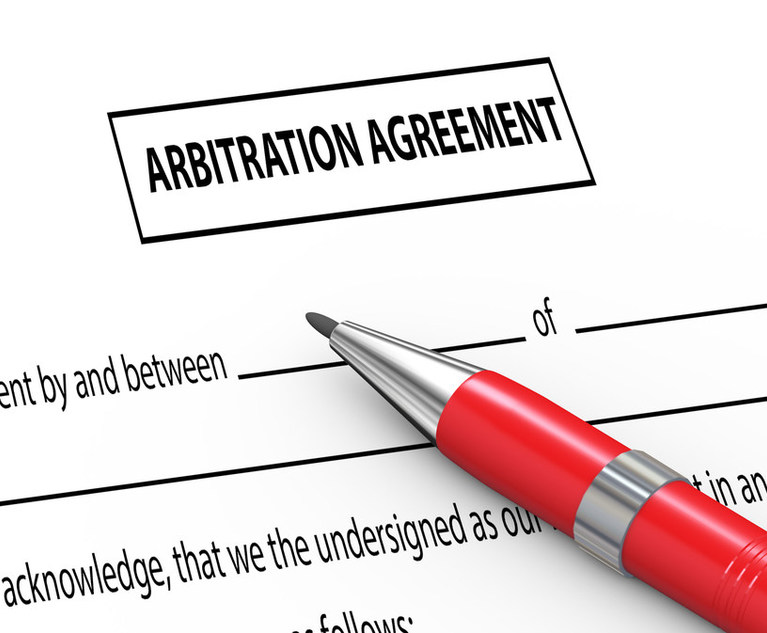 When Congress enacts a civil rights law or other statute regulating employment decisions, it does so to set minimum terms that cannot be overridden or even modified by contracts between employers and employees, on the view that baseline rights must be statutorily established to protect employees or advance other polices. Arbitration agreements covered by the Federal Arbitration Act, 9 U.S.C. §1 et seq., are an exception, but only with respect to matters like the right to a jury trial which are considered incompatible with arbitration, a non-court process. The Supreme Court in 14 Penn Plaza v. Pyett, 556 U.S. 247, 259 (2009), stated a different rationale for sustaining such waivers—that the right to initially resort to a judicial forum was a procedural right, not a waiver of substantive protections which would remain preserved in arbitration. 14 Penn Plaza itself involved an arbitration clause in a collective-bargaining agreement (CBA), so it remained unclear whether statutory procedural rights are generally waivable by contract outside of arbitration. The Second Circuit’s recent decision in Estle v. International Business Machines, No. 20-3372, 2022 U.S. App. LEXIS 1610 (Jan. 20, 2022) (Estle), treating the language in Pyett as holding, suggests they may be.
When Congress enacts a civil rights law or other statute regulating employment decisions, it does so to set minimum terms that cannot be overridden or even modified by contracts between employers and employees, on the view that baseline rights must be statutorily established to protect employees or advance other polices. Arbitration agreements covered by the Federal Arbitration Act, 9 U.S.C. §1 et seq., are an exception, but only with respect to matters like the right to a jury trial which are considered incompatible with arbitration, a non-court process. The Supreme Court in 14 Penn Plaza v. Pyett, 556 U.S. 247, 259 (2009), stated a different rationale for sustaining such waivers—that the right to initially resort to a judicial forum was a procedural right, not a waiver of substantive protections which would remain preserved in arbitration. 14 Penn Plaza itself involved an arbitration clause in a collective-bargaining agreement (CBA), so it remained unclear whether statutory procedural rights are generally waivable by contract outside of arbitration. The Second Circuit’s recent decision in Estle v. International Business Machines, No. 20-3372, 2022 U.S. App. LEXIS 1610 (Jan. 20, 2022) (Estle), treating the language in Pyett as holding, suggests they may be.
The plaintiffs in Estle were all above age 55 when IBM terminated their employment as part of a reduction in force in May of 2016. They each signed a separation agreement containing a mandatory arbitration clause and a collective action waiver as a condition of receiving post-termination benefits, including one month’s salary and health insurance for up to twelve months. The collective action waiver stipulated that “no covered claims may be initiated, maintained, heard, or determined on a multiparty, class action basis or collective action basis either in court or in arbitration.” Id. at *4. Under the agreement, the former employees were not “entitled to serve or participate as a class action member or representative, or collective action member or representative, or receive any recovery from a class or collective action involving covered claims either in court or arbitration.”
This content has been archived. It is available through our partners, LexisNexis® and Bloomberg Law.
To view this content, please continue to their sites.
Not a Lexis Subscriber?
Subscribe Now
Not a Bloomberg Law Subscriber?
Subscribe Now
LexisNexis® and Bloomberg Law are third party online distributors of the broad collection of current and archived versions of ALM's legal news publications. LexisNexis® and Bloomberg Law customers are able to access and use ALM's content, including content from the National Law Journal, The American Lawyer, Legaltech News, The New York Law Journal, and Corporate Counsel, as well as other sources of legal information.
For questions call 1-877-256-2472 or contact us at [email protected]






